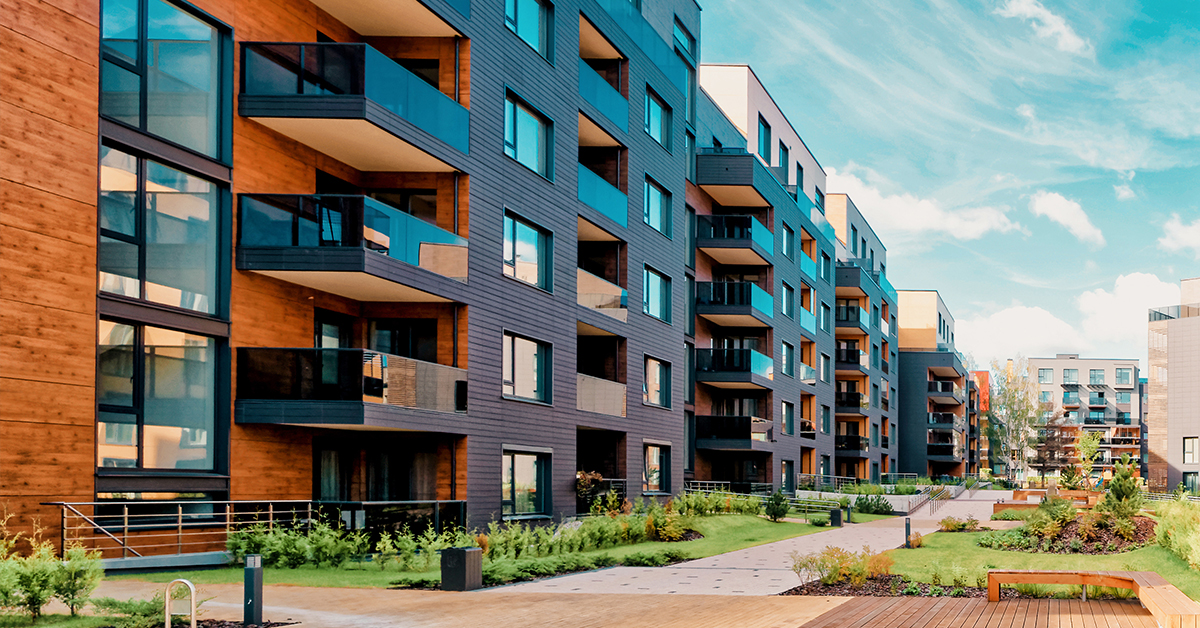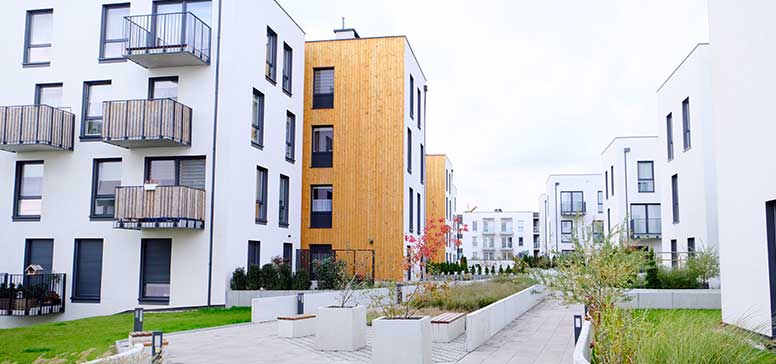The Function of an HOA in Developing and Enforcing Area Guidelines for Homeowners
The function of a Homeowners Organization (HOA) in applying and developing area guidelines is fundamental to maintaining a natural and orderly residential atmosphere. By formulating clear rules that control aspects such as residential property maintenance and community conduct, the HOA not only sets criteria for citizens but additionally fosters a sense of belonging and responsibility.
Recognizing Homeowners Associations
Homeowners associations (HOAs) serve as governing bodies for property areas, playing a crucial duty in keeping building worths and promoting a feeling of neighborhood. Usually created by designers, HOAs are made up of property owners within a designated location that choose a board to manage the organization's activities. The key functions of an HOA include enforcing area policies, handling usual locations, and arranging community events.
HOAs operate under a set of controling documents, consisting of restrictions, problems, and agreements (CC&R s), which outline the rights and responsibilities of homeowners. These regulations intend to guarantee that residential or commercial properties are preserved to a certain requirement, consequently protecting the visual allure and general value of the neighborhood. Additionally, HOAs typically collect fees from house owners to fund maintenance, landscape design, and other social work.
The visibility of an HOA can considerably affect the living experience within a neighborhood (hoa condo). While some homeowners appreciate the structured environment and facilities provided, others may find particular regulations limiting. Balancing the passions of all homeowners is necessary for an HOA to operate successfully, ensuring that it serves its designated objective of enhancing neighborhood living while respecting individual home owner legal rights
Establishing Community Guidelines

To start, an HOA should carry out surveys or hold meetings that permit locals to articulate their pointers and worries. This participatory process promotes a sense of ownership and enhances conformity. Next, the HOA board should examine the feedback to recognize common themes and top priorities that warrant formal incorporation in the guidelines.
It is also vital to ensure that the guidelines are clear, concise, and quickly recognized. Uncertainties can cause conflicts and misconceptions, weakening the function of the guidelines. The guidelines ought to be detailed, covering different elements of area living, including property upkeep, sound degrees, and use of typical locations.
Enforcement of Policies
Efficient enforcement of community regulations is vital for maintaining order and ensuring that all citizens stick to the developed standards. An HOA should carry out an organized approach to enforce these regulations, which typically involves a combination of tracking, communication, and charges for non-compliance.
First, normal examinations and area patrols can assist identify infractions, guaranteeing that rules are constantly applied across the community. This proactive monitoring allows the HOA to attend to issues before they rise, promoting a sense of liability among homeowners.
Second, clear communication is vital. Citizens ought to be notified of the regulations and the treatments for reporting violations. An open line of communication motivates citizens to voice problems and look for explanation on guidelines, which can enhance compliance.
Last but not least, when violations take place, the HOA must implement repercussions as described in the governing papers. By efficiently imposing rules, an HOA can cultivate an unified living atmosphere that shows the cumulative worths of its homeowners.
Advantages of HOA Regulations
Many advantages emerge from the application of HOA guidelines, which serve to boost the quality of life within a neighborhood. One key benefit is the maintenance of property worths. By imposing criteria for appearances and maintenance, HOAs guarantee that homes and common locations continue to be attractive, fostering a desirable living atmosphere that can cause increased building worths with time.
In addition, HOA policies promote consistency and uniformity within the neighborhood. This coherence in layout and upkeep helps to create a feeling of belonging amongst citizens, contributing to area pride and a favorable ambience. Moreover, established standards promote conflict resolution among next-door neighbors by giving clear expectations and protocols for habits, therefore lessening conflicts.
Another considerable advantage is the provision of common features and services. Many HOAs manage neighborhood facilities such as pools, clubs, and parks, which enhance leisure possibilities for residents. These features not only enhance the lifestyle but likewise encourage social interaction.
Inevitably, the guidelines set forth by an HOA grow a well-organized, harmonious neighborhood, guaranteeing that citizens delight in a high requirement of living while cultivating a helpful setting for all homeowners.
Typical Difficulties Encountered by HOAs
In the middle of the benefits that homeowners associations (HOAs) can provide, they also run into a range of challenges that can hinder their efficiency. One significant issue is the absence of resident involvement. Several house owners may not get involved in conferences or community activities, resulting in a disconnect between the HOA board and homeowners. This disengagement can result in misconceptions concerning neighborhood standards and a lack of assistance for enforcement initiatives.
Disagreements can arise when locals feel that enforcement is inconsistent or biased, possibly leading to problems within the area. In addition, HOAs commonly encounter monetary restrictions, which can restrict their ability to keep typical locations or fund area tasks.
Moreover, browsing lawful intricacies can be intimidating for HOAs. Developing and changing demographics area needs call for HOAs to adjust their standards, frequently satisfying resistance from long-lasting important link locals that are accustomed to conventional norms.
Final Thought

By formulating clear policies that regulate facets such as building upkeep and area conduct, the HOA not only sets standards for citizens but likewise fosters a sense of belonging and accountability.Homeowners associations (HOAs) offer look here as controling bodies for property neighborhoods, playing a crucial duty in preserving home values and cultivating a sense of neighborhood. Lots of house owners may not take part in meetings or neighborhood activities, leading to a detach between the HOA board and residents. Evolving and transforming demographics community needs call for HOAs to adapt their guidelines, often meeting resistance from enduring citizens who are accustomed to standard norms. Through the growth of clear policies and regular enforcement, HOAs promote property upkeep, community pride, and count see this site on amongst residents.